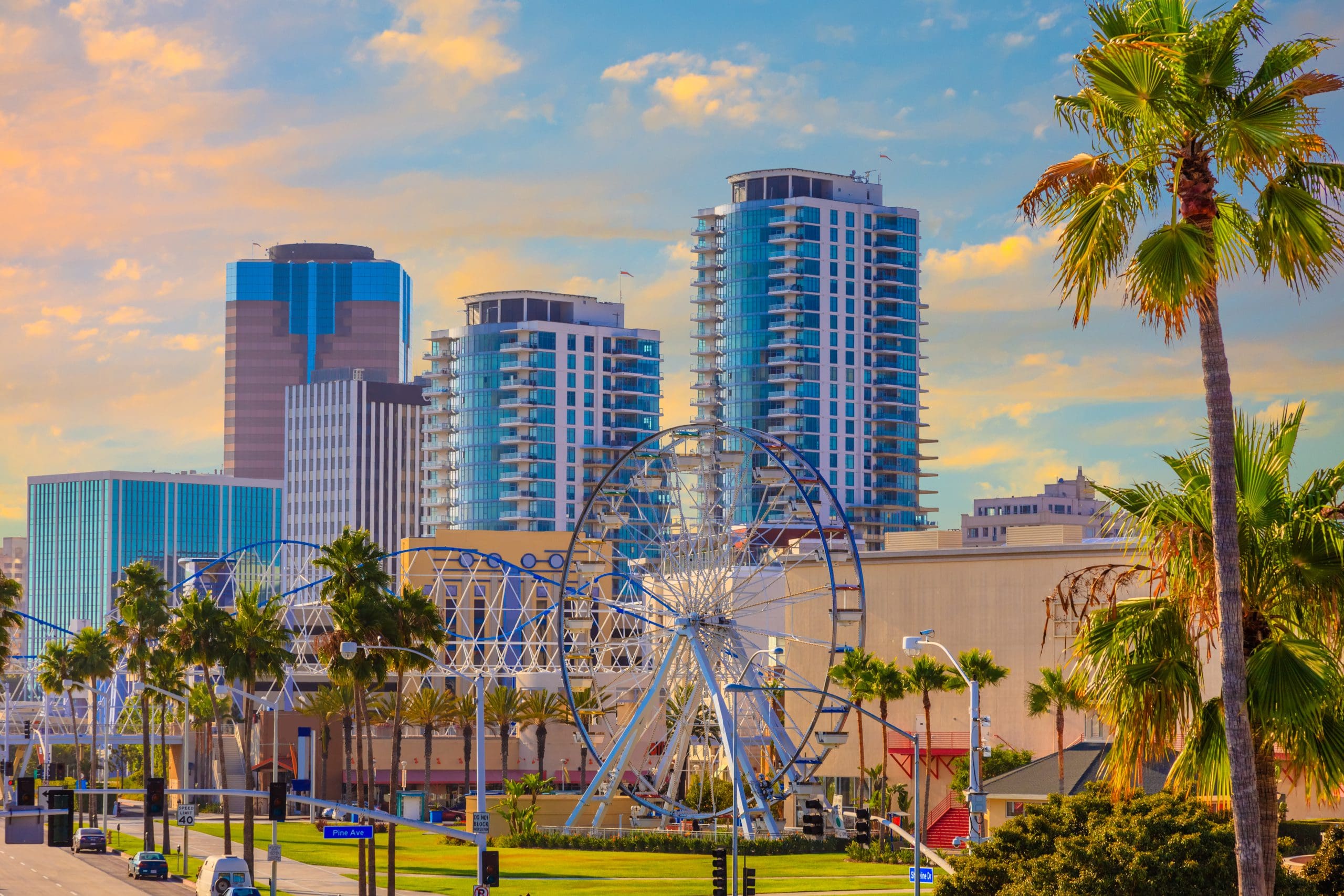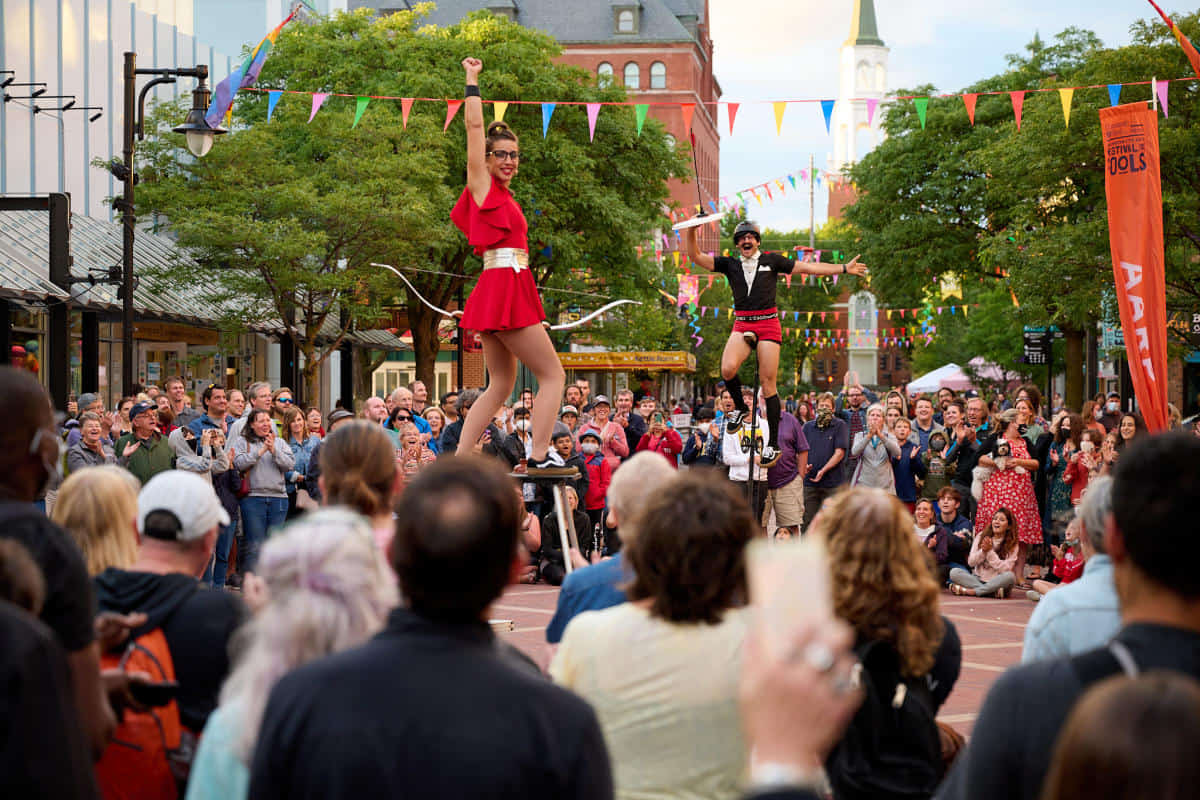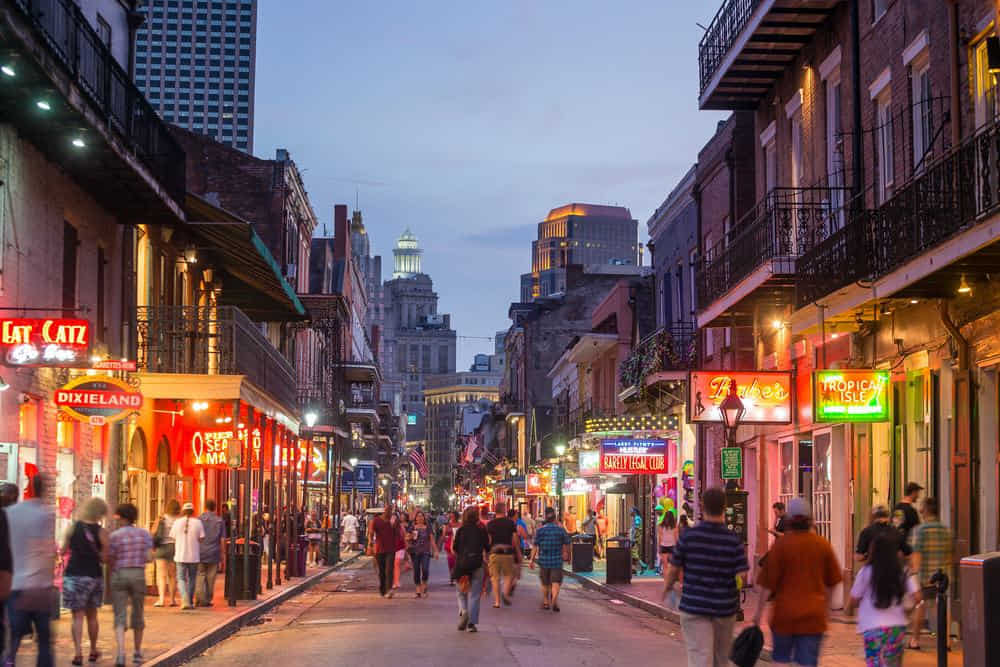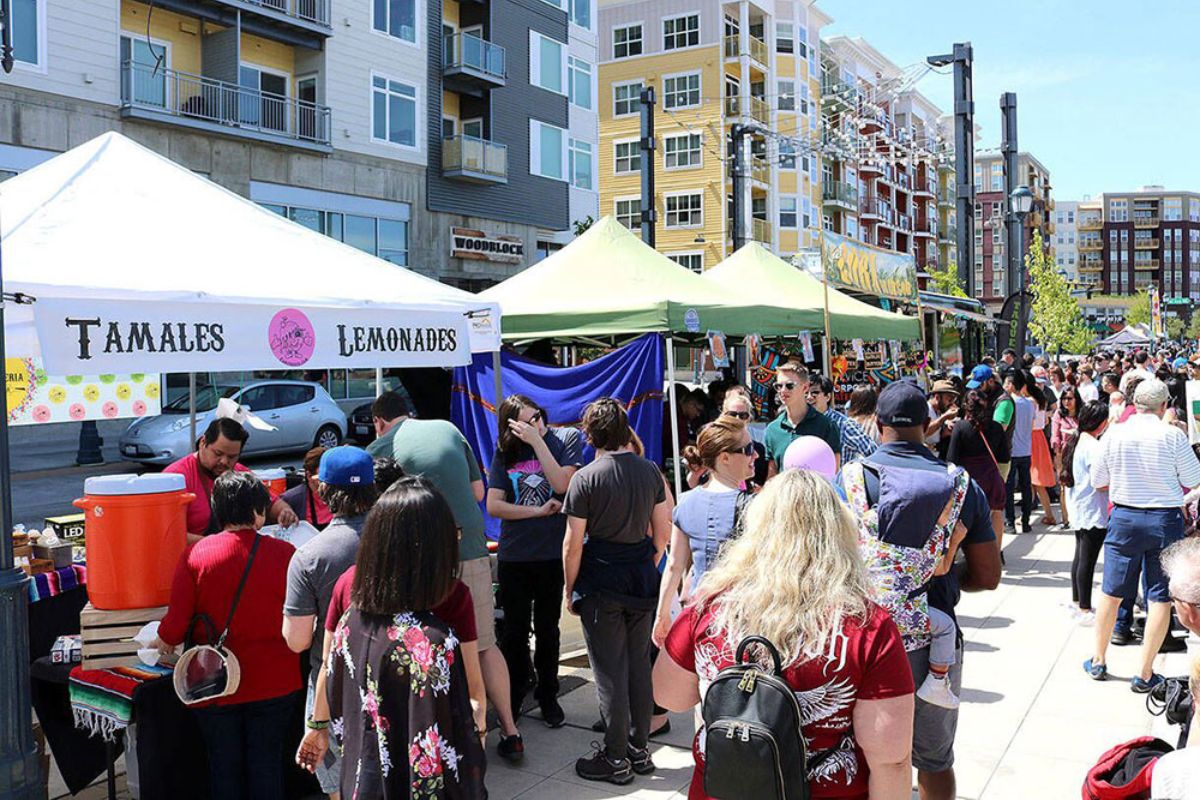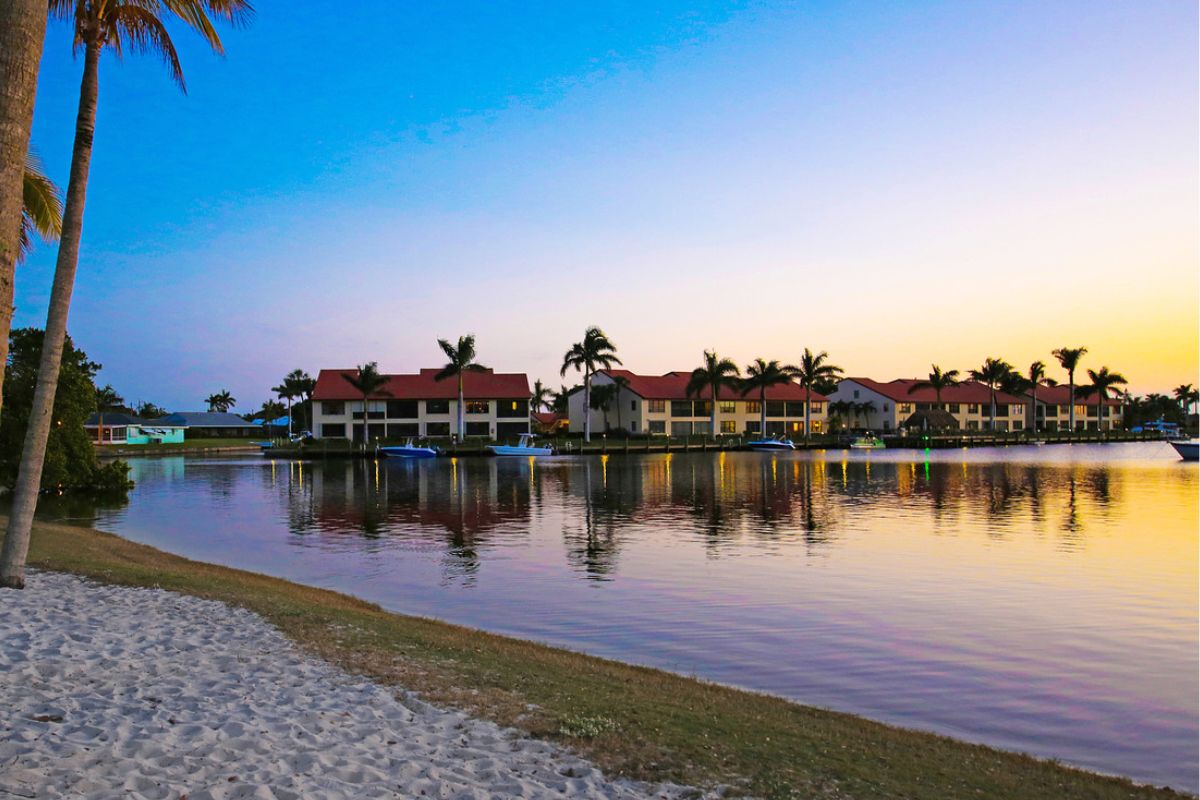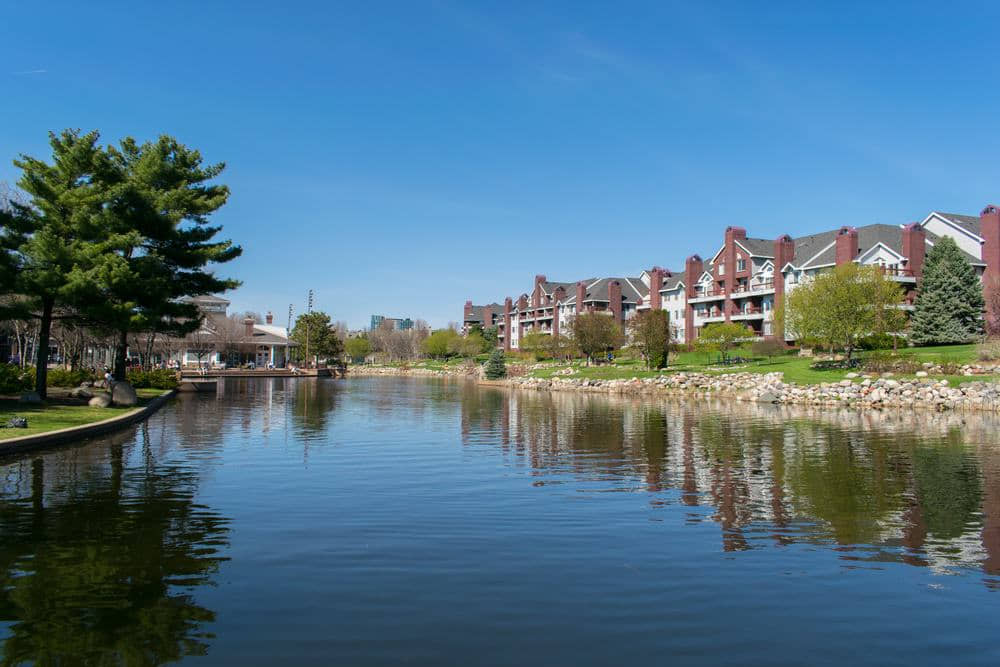Newark, New Jersey, is a vibrant city located in Essex County. With a population of over 313,945 people, Newark is the largest city in the state and is known for its rich history, cultural diversity, and economic significance. However, when considering living in Newark, one may wonder about the safety of the city.
In this article, we will explore the reported crime rates in Newark, efforts to enhance safety, and the advantages and disadvantages of residing in the city.
Is Newark NJ safe to live in?
Newark, NJ is not considered one of the safest cities to live in, with a safety ranking of being safer than only 24% of U.S. neighborhoods. The estimated crime rate in Newark is 19.05 crimes per 1,000 residents, consisting of 4.74 violent crimes and 14.31 property crimes per 1,000 residents.
The chances of becoming a victim of a violent crime in Newark are 1 in 211, while the chances of becoming a victim of a property crime are 1 in 70. In comparison to the state's overall average, Newark has a higher crime rate, with a total of 5,852 crimes per year, including 1,456 violent crimes and 4,396 property crimes.
Newark NJ crime rate information
Violent Crimes Reported in Newark
According to the latest available data, Newark experienced 1,456 reported incidents of violent crime. This resulted in a violent crime rate of 4.74 per 1,000 residents. Violent crimes include offenses such as murder and non-negligent manslaughter, robbery, sexual assault, and aggravated assault.
When comparing Newark's violent crime rate to the national average, it is approximately 80.2% higher, which is a significant concern for the safety of residents. The chances of becoming a victim of a violent crime in Newark are 1 in 211, which is 71.4% higher than the state of New Jersey's violent crime rate.
Property Crimes Reported in Newark
In terms of property crimes, Newark had 4,396 reported incidents, resulting in a property crime rate of 14.31 per 1,000 residents. Property crimes encompass offenses such as burglary, larceny-theft, motor vehicle theft, and arson.
The chances of becoming a victim of a property crime in Newark are 1 in 70, which is 43.8% higher than the state of New Jersey's property crime rate. Compared to the national average, Newark's property crime rate is approximately 58.5% higher.
Initiatives to Improve Safety in Newark, NJ
Newark, New Jersey, has implemented several initiatives to improve safety in the city and reduce crime rates. The city has increased police presence in high-crime areas and focused on community policing. Community policing programs aim to build trust and collaboration between law enforcement and the community, leading to better information sharing and crime prevention.
Additionally, Newark has invested in technology to enhance safety. The city has installed surveillance cameras in public areas to deter criminal activity and assist in investigations. These cameras serve as a tool for law enforcement to monitor and respond to incidents promptly.
Furthermore, Newark has collaborated with community organizations and nonprofits to provide resources and support to individuals and families affected by crime. Programs such as mentoring, after-school activities, and job training aim to divert young people from criminal activities and provide them with positive opportunities.
The Safest Neighborhoods in Newark
- South Ironbound
- North Ironbound
- Lower Vailsburg
- Forest Hill
- Weequahic
While Newark faces safety concerns, there are neighborhoods within the city that have lower crime rates compared to others. Some of the safest neighborhoods in Newark include Lower Vailsburg, Forest Hill, Weequahic, Upper Roseville and North Broadway. These neighborhoods have reported lower crime rates and can provide a safer living environment for residents.
The Most Dangerous Neighborhoods in Newark
- Springfield/Belmont
- South Broad Street
- Lower Clinton Hill
- West Side
Like any city, Newark has areas that experience higher crime rates compared to others. Some of the most dangerous neighborhoods in Newark include Springfield/Belmont, West Side, South Broad Street, and Lower Clinton Hill. These areas have consistently reported higher crime rates, including violent crimes such as homicide, assault, and robbery.
Pros of Living in Newark, NJ
Proximity to New York City
Newark's location just 8 miles west of Manhattan makes it an attractive option for those who want to live near New York City without the high cost of living. The city is well-connected to New York City through various transportation options, including trains and buses, providing easy access for commuting or leisureactivities.
Cultural Diversity
Newark is a melting pot of different cultures and ethnicities. The city embraces diversity, offering a vibrant mix of languages, cuisines, and traditions. This cultural richness adds to the city's charm and provides opportunities for cultural exchange and exploration.
Access to Amenities
As a major city, Newark offers a wide range of amenities and services. Residents have access to shopping centers, restaurants, entertainment venues, parks, and recreational facilities. The city is also home to renowned educational institutions, healthcare facilities, and employment opportunities.
Cons of Living in Newark, NJ
High Crime Rate
One of the significant drawbacks of living in Newark is the high crime rate. The city faces challenges related to violent crimes, property crimes, and other criminal activities. Residents need to be vigilant and take necessary precautions to ensure their safety and security.
Expensive to Live or Rent an Apartment
While Newark provides proximity to New York City, it is not exempt from the high cost of living in the region. Housing prices and rental rates in Newark can be relatively high, making it challenging for some individuals and families to find affordable housing options.
Conclusion
The statistics show that the high crime rate in Newark, NJ is a cause for concern, despite efforts by law enforcement to improve safety. Therefore, it is apparent that Newark cannot be deemed a safe place to live at this time.
